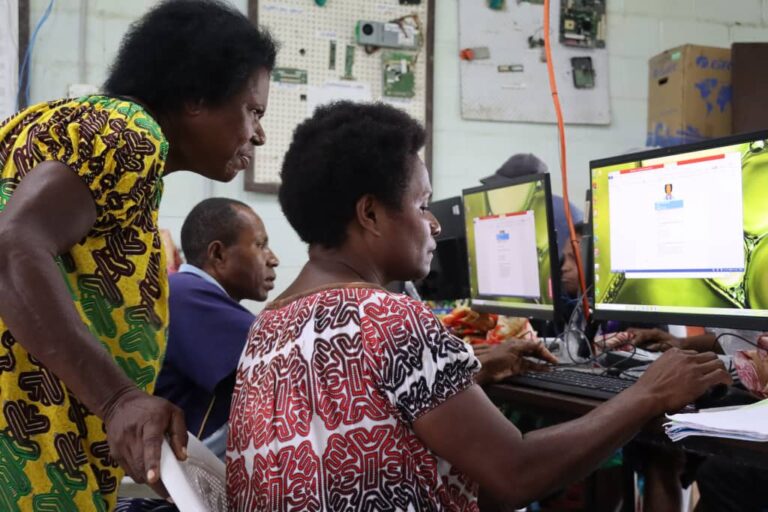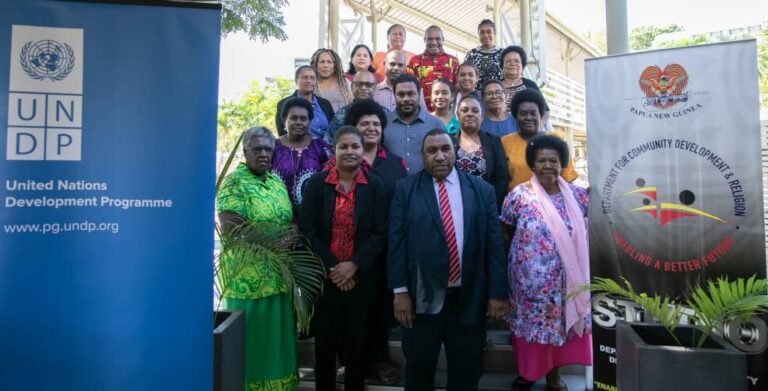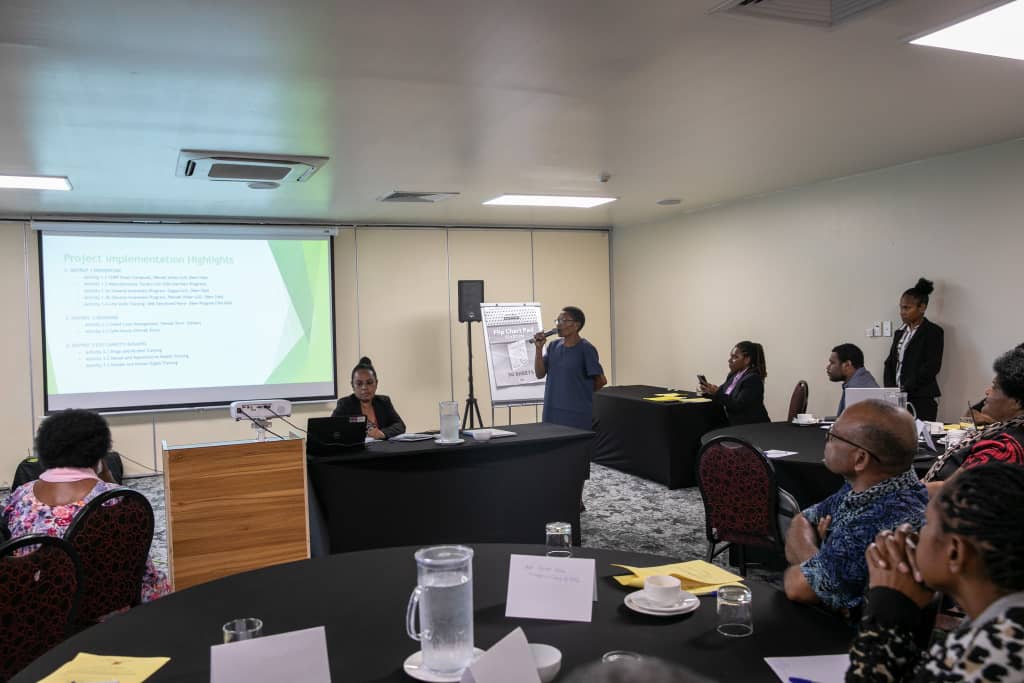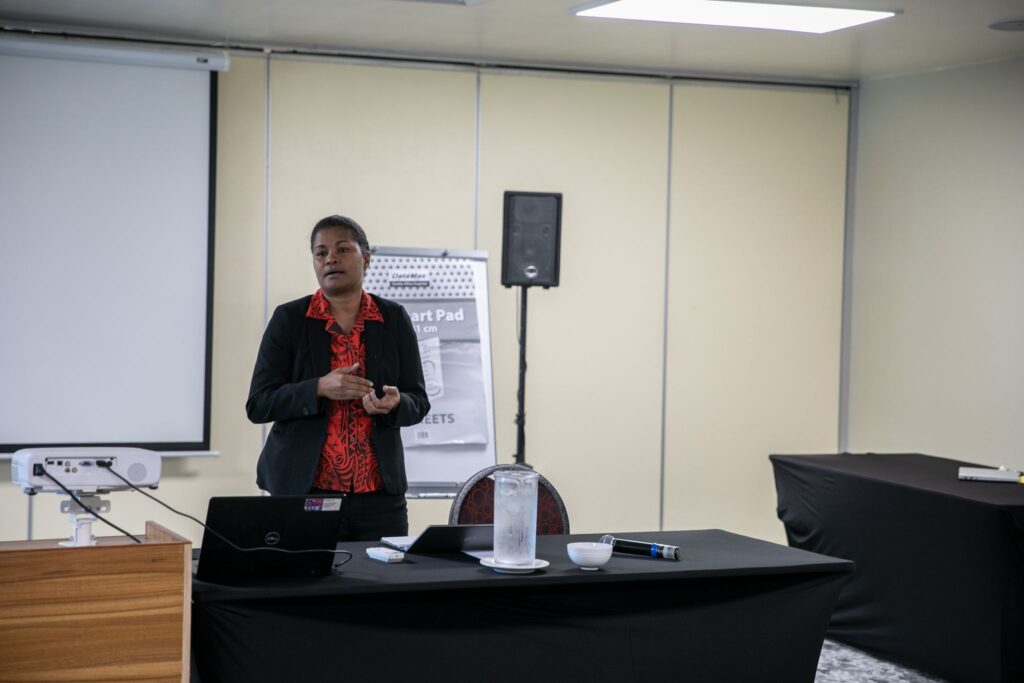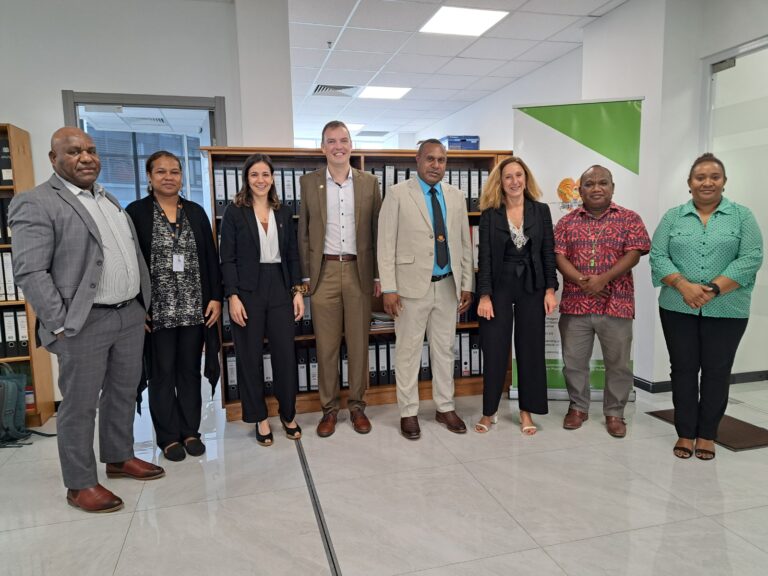The European Union-funded STREIT Programme in Papua New Guinea is spearheading a program in order to build the capacity of farmers at digital literacy, e-agriculture, and agri-meteorology services in the Sepik region of Papua New Guinea.
The program is primarily focused on empowering farmers by introducing them to important digital tools and knowledge to transform the agri-food business practices; and enhance farmers’ resilience to climate change.
The Sepik region is known for its fertile lands and vibrant farming communities, however, there is a lack of access to digital resources and skills there.
The International Telecommunication Union (ITU) has recognised this challenged and has in part of the EU-STREIT PNG Programme, is bridging the digital divide by building the capacity of lead farmers in various aspects of digital literacy.
Some of which include the effective use of smartphones and mobile applications, and other digital resources to enhance agricultural practices, market access, and decision-making capabilities.
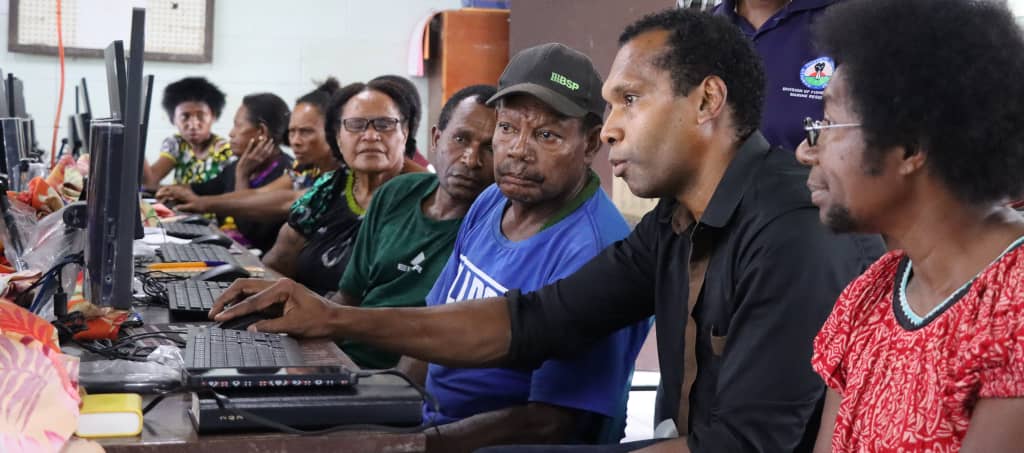
Recently, ITU organized two intensive workshops in Vanimo, West Sepik Province and Maprik in East Sepik Province, pulling together 74 lead farmers and agri-food business actors.
The training program, conducted in collaboration with local partners, provided lead farmers with hands-on experiences in various digital applications tailored to the agricultural context.
Farmers were taught basic computing skills, including Word Documents, Spreadsheets and Presentations, Communication processes using Computers and Smartphones; and the use of social media tools in content creation, information sharing, e-marketing, and mobile payment.
The training also improved their understanding of agri-meteorological tools and services and their capabilities.
William Ripai is the Chairman of KISE Cooperative Society in the Aipate Lumi District, who participated in the training held in Vanimo.
He said, he is fortunate to participate in this training program.
“I’m fortunate to learn basic internet and computer skills that will support my group to market our produce to potential buyers.” Ripai said.
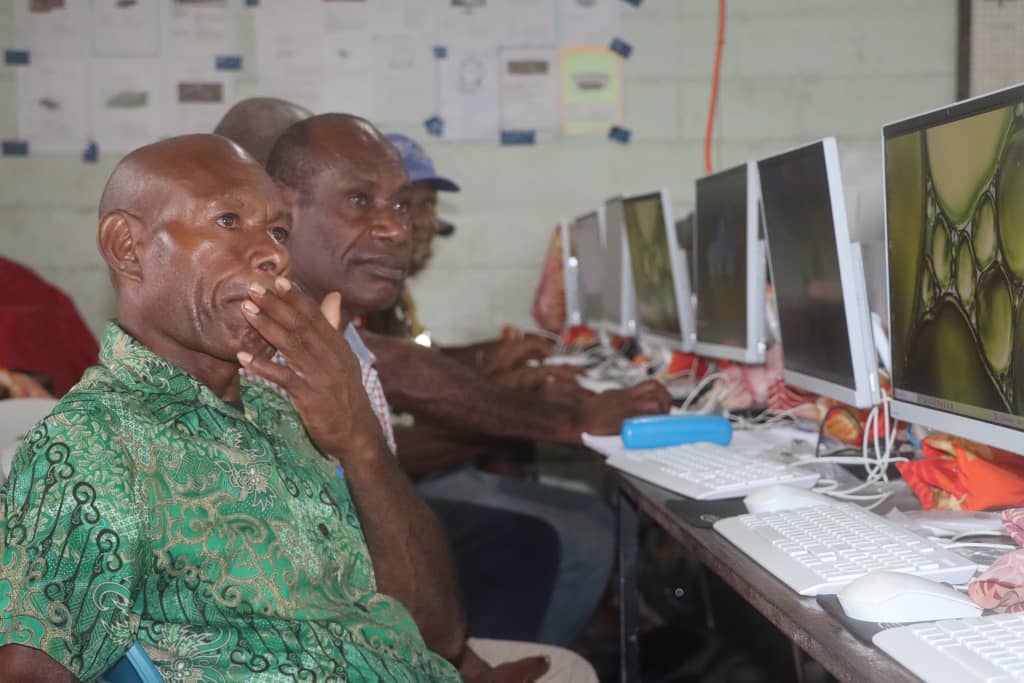
Angela Passingan, a former teacher and Chair Lady of BAMA Women’s Group of Ulau Village in Aitape-Lumi District, also assisted in training the Farmers.
She was exited to see local farmers learn about computer and internet for the first time.
“A male farmer was not confident to touch the computer mouse, but I felt really happy when he did on the second day.”
As part of the EU-STREIT PNG Programme, 10 resource centres equipped with PCs and VSAT internet connections are being established across the Sepik region.
This will provide farming communities with reliable access to the internet, capacity-building digital skills trainings, and digital services, including e-marketing.
The ITU-STREIT Project Officer, Kanagat Alyshbaev, emphasised the transformative power of digital skills in agriculture.
“By building the capacity of lead farmers in digital skills, we are unlocking the potential for innovation and growth in the agricultural sector, including agribusiness activities. This initiative represents a crucial step toward achieving sustainable and inclusive development in the Sepik region.”

